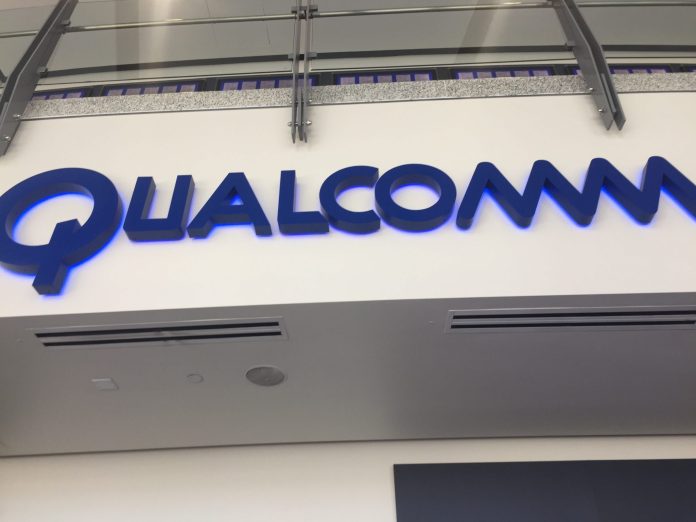Chipmaker also accuses Apple of throttling iPhone 7 performance
Qualcomm holds more patents related to the internet of things than any other company, and it also has the highest quality IoT patent portfolio, according to LexInnova. So it’s no surprise that the company is fighting hard to protect the value of its 3G and 4G patents, because legal decisions made now could impact Qualcomm’s ability to set licensing terms for its IoT patents.
On April 10 Qualcomm filed suit against Apple, retaliating after the iPhone maker sued Qualcomm early this year. Qualcomm’s lawsuit accuses Apple of breaching agreements made between the two companies, and of interfering in the chipmaker’s relationships with the companies who manufacture iPhones and iPads for Apple.
The lawsuit also accuses Apple of slowing down the performance of the Qualcomm LTE modems used in Apple’s iPhone 7 models sold by Verizon Wireless and Sprint. The iPhone 7 models sold by AT&T and T-Mobile US used Intel modems, and Apple reportedly wanted all iPhone 7 users to have the same modem speeds.
When press reports about the iPhone 7 modem issue started to appear, Qualcomm did not comment. Now Qualcomm’s lawyers are saying the company stayed quiet because of threats made by Apple.
“Apple could not have built the incredible iPhone franchise that has made it the most profitable company in the world, capturing over 90% of smartphone profits, without relying upon Qualcomm’s fundamental cellular technologies,” said Don Rosenberg, executive vice president and general counsel for Qualcomm. “Now, after a decade of historic growth, Apple refuses to acknowledge the well-established and continuing value of those technologies. It has launched a global attack on Qualcomm.”
The “global attack” includes a complaint filed by the Federal Trade Commission during the final days of the Obama Administration, as well as an $873 fine levied by South Korea’s Fair Trade Commission.
Apple and Samsung both rely on Qualcomm not only for chips but also for the patented technologies that enable those chips to connect to cellular radios. Some companies are frustrated by the amounts Qualcomm makes them to pay to license these technologies, and by the fact that Qualcomm can refuse to sell them the chips they need if they don’t acquiesce to its licensing demands.
Qualcomm, which says it has invested $44 billion in research and development during the past 30 years, now earns more than half its profits from licensing intellectual property. Right now its primary customers are the handful of companies that make mobile devices. In the future, hundreds of manufacturers of connected devices could be licensing Qualcomm’s IoT-related patents. The outcome of Qualcomm’s current court battles could determine how much power Qualcomm will have when it comes to licensing IP for the IoT.
Follow me on Twitter.

